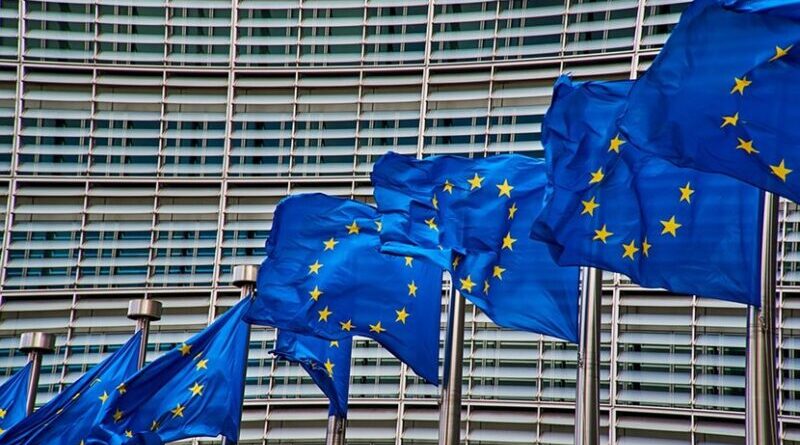EU Commission Criticized For Its Reporting On Nuclear Energy’s Sustainability
By EurActiv
By Florence Schulz
(EurActiv) — The European Commission is looking into whether nuclear energy can be classed as a sustainable green investment. But the EU executive’s decision to task its research centre with the assessment has already prompted criticism. EURACTIV Germany reports.
EU member states struggled to agree on the EU taxonomy – a framework for sustainable investments that will apply from 2021 – before finally brokering an agreement in December last year. The compromise allows natural gas and nuclear energy to be used as “transitional technologies”.
But the debate is far from over, as shown by a letter addressed to Commission leaders Ursula von der Leyen and Frans Timmermans from German Bundestag MP Sylvia Kotting-Uhl (Greens), seen by EURACTIV Germany. It was also sent to German Environment Minister Svenja Schulze and Education Minister Anja Karliczek.
Kotting-Uhl says that the Commission’s decision to task the Joint Research Centre (JRC) is flawed because the scientific subdivision emerged from the EU’s Euratom programme and the research continues to be co-financed by it to this day.
The fact that the review was delegated to the JRC is “absurd”, the Green MP insists, as the authority is biased and “in no way in a position to make an objective decision.”
Agreement postponed
A scientific review was part of the hard-won compromise reached by EU leaders in December. At the time, France and the UK, in particular, had spoken out in favour of classifying nuclear energy as environmentally friendly, so that investments can keep flowing.
Even the technical group of experts that drew up the EU taxonomy proposal had remained ambivalent on the subject, even though there was no doubt that nuclear energy would make a substantial contribution to greenhouse gas reduction, as stated in its final report.
But because of the nuclear waste that is generated, the issue is complex and needs “further technical evaluation”, the report added.
Ultimately, the EU leaders stuck to their agreement to first adopt the taxonomy, have the Commission examine the finer details and publish results in a report by the beginning of next year.
Based on the findings, the Commission will draft delegated acts by the end of 2021 to establish concrete criteria for the taxonomy.
However, according to Kotting-Uhl, it is unthinkable to classify nuclear energy as a sustainable investment under the taxonomy.
“Nobody can ignore the fact that burning fuel, but also its reprocessing, produces tens of thousands of tons of radioactive waste throughout Europe, which then have to be stored for unmanageable periods of time,” she wrote.
If nuclear energy were to pass according to the taxonomy’s supreme rule known as the “do no significant harm” principle in climate protection, “then this is clearly not a suitable criterion,” the MP told EURACTIV Germany.
Research Centre highlights its independence
The JRC describes itself as a neutral, scientific body that carries out analyses in the field of environmental and health protection.
However, the authority was set up at the end of the 1950s as part of the European Atomic Energy programme, originally to carry out research into better reactor types. Its research on nuclear safety remains to this day a key part of the JRC’s work programme.
The agency stated that it is independent of private or national interests and that the investigation “is guided by the principles of neutrality, independence and scientific integrity”.
In addition, the review is carried out not only by the JRC’s own experts, but also by researchers from the fields of nuclear energy, radiation protection and waste management, according to a spokeswoman.
For MP Kotting-Uhl it is nevertheless clear: “To call nuclear energy sustainable in view of its history is ignorant.” In addition, no EU member state is barred from investing in nuclear energy itself – only the EU must not actively promote it.

